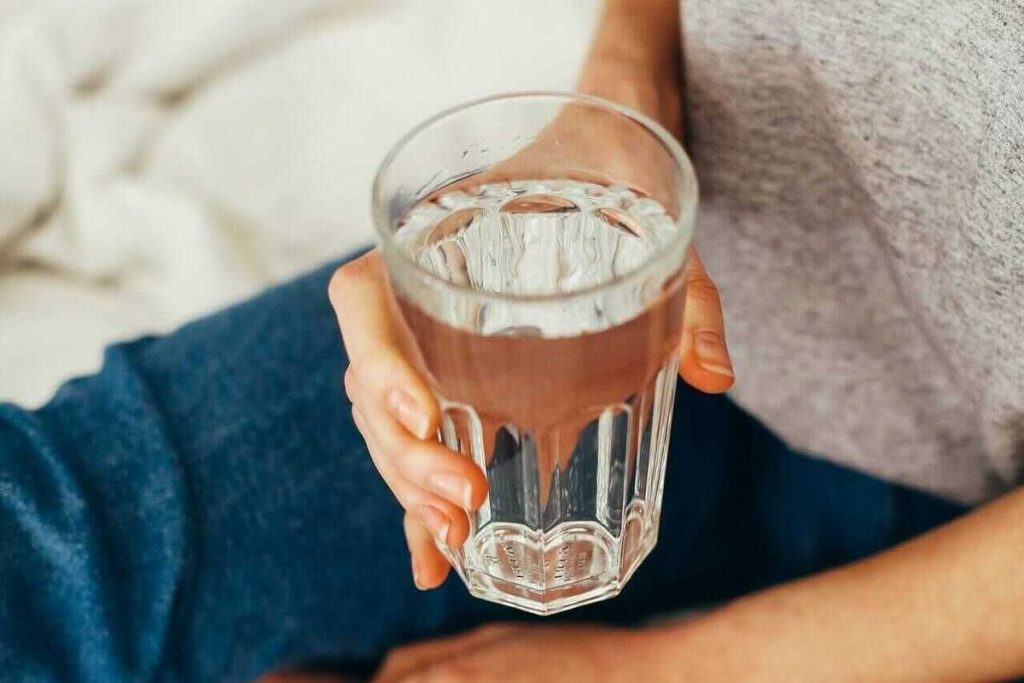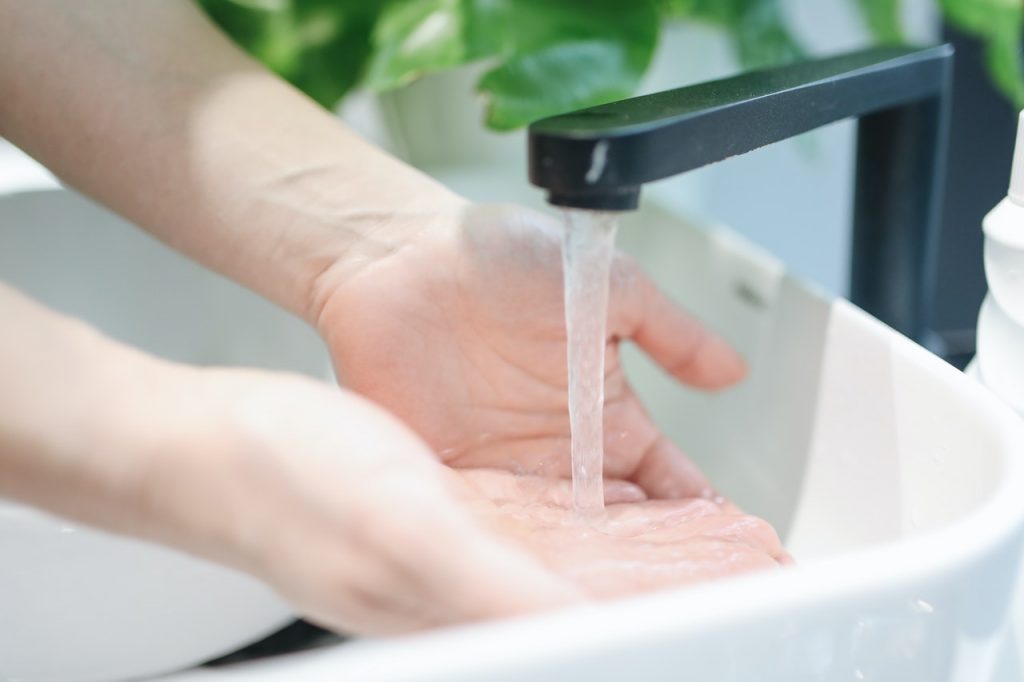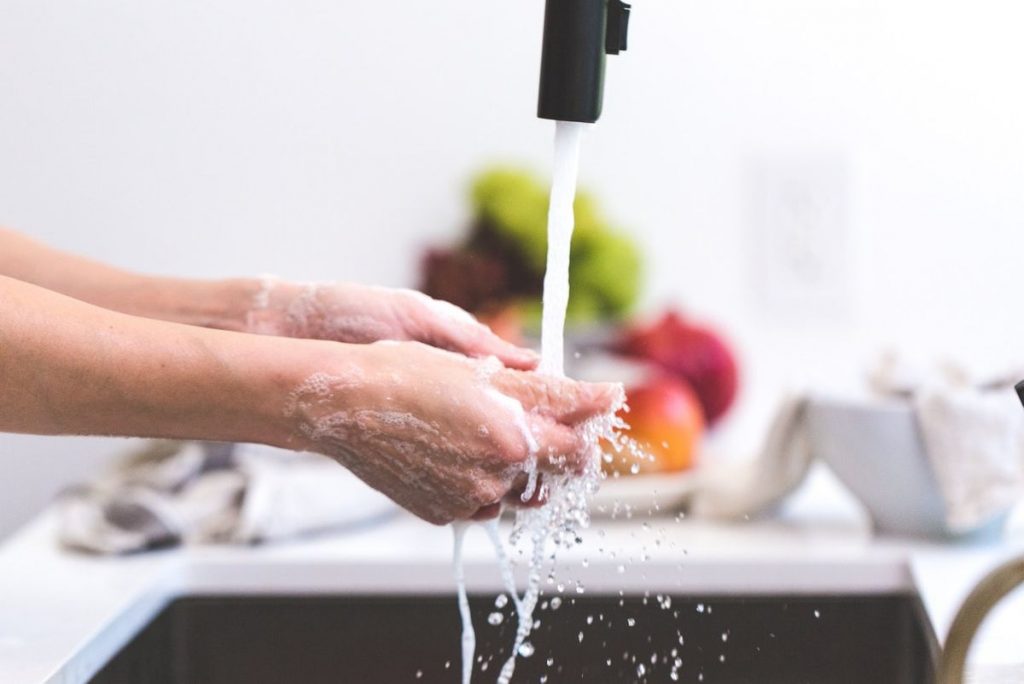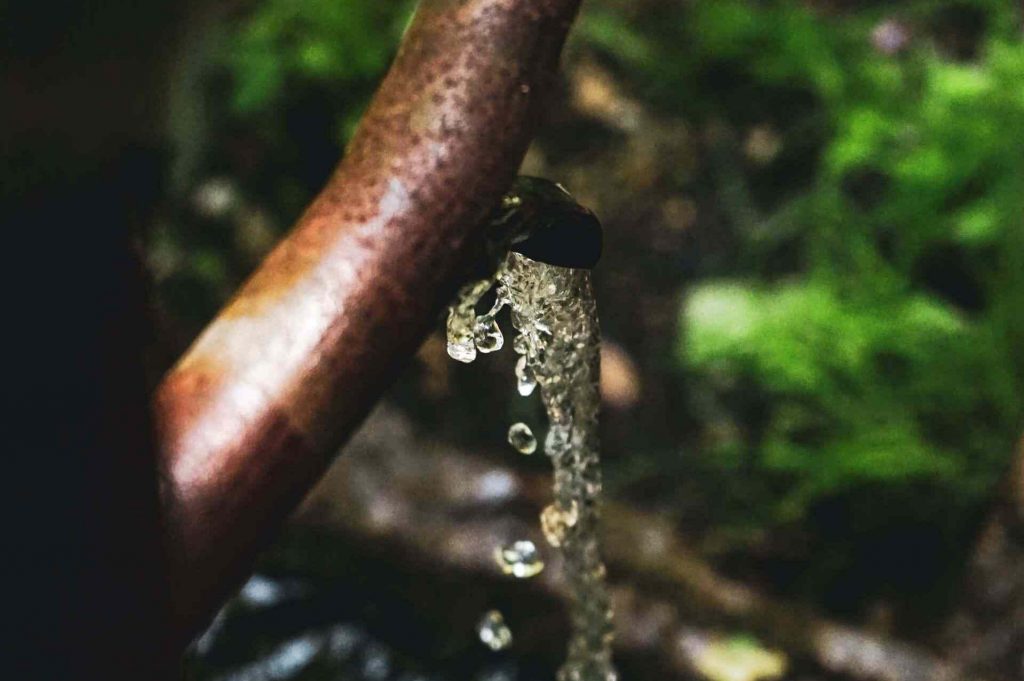So, you need to get a water softener for your home. You’ve done a bit of research online, and based on what you’ve read, you are left to decide between a salt-based vs. salt-free water softener. You might see some websites claiming that salt-free water softeners, or saltless water softeners, are an alternative to a standard water softener – but are they really? Do salt-free water softeners really work?
People are sometimes led to believe that salt-based vs. salt-free water softeners are basically the same thing except that one uses salt and one doesn’t. While that part may be true, this is not a true statement at all! Each machine has an entirely different function.
In this post, I’ll break down the key differences between these two types of water softeners so that you can make the right choice for your home.
(Hint: Only one of them actually softens the water. The other one is technically not a real water softener at all!)
Salt-Based Water Softeners
Water softening is achieved by a process called ion exchange: hard water passes through a bed of tiny resin beads, which pull in the magnesium and calcium ions and swap them for harmless sodium ions. Salt-based water softeners contain a resin tank where this exchange happens. When the resin beads are saturated with hard water minerals, the regeneration cycle begins, which is where salty water from the brine tank is backwashed through the resin tank and rinses off the resin beads. Your home’s water supply is cut off from the resin tank during this process – it does not come in contact with the salt! The entire solution is then flushed out through a drain and the water softening process resumes.
For a more in-depth but easy to understand explanation of how water softeners work, check out this article here.
The salt you add to the water softener does not come into direct contact with your water; it is only used in the regeneration process.
Pros:
- A true water softener – the hard water minerals causing problems are actually removed from your water
- Your water will be gentler on your skin, hair and laundry
- Your appliances will run more efficiently and last longer
Cons:
- If you are on city water, some municipalities have banned water softeners due to the salty wastewater
- Water is “wasted” during the regeneration process
- Requires some maintenance and salt needs to be refilled regularly (a family of four may go through a bag of salt every 1-2 months)
Salt-Free Water Softeners
A salt-free water softener does not go through the ion exchange process – in fact, it does not actually soften the water at all! Instead, it uses potassium instead of sodium to crystallize the mineral buildup so it does not stick to your plumbing, coffee machine or other areas that can develop scale. This is why the name “salt-free water softener” is a misnomer; they are technically water conditioners or water descalers.
What does this mean? Well, while this system can still help prevent scale buildup in your home, it does not address many of the problems associated with hard water like soap scum, skin irritation and dingy laundry. The water that comes out of this system still has the hardness minerals present (in other words, your water is still hard), but they are just in a crystallized form that doesn’t cause scale buildup in your plumbing.
Pros:
- Very little maintenance required
- No wastewater
Cons:
- No actual water softening taking place – none of the problems associated with hard water are addressed other than scale buildup
- Does not work well in areas where waster sits for longer periods (such as your water heater)
- Unusable on well water – wells often contain moderate amounts of iron and manganese, which prevent the crystallization process from working properly and render the conditioner useless. If you’re a homesteader on well water like we are, enough said!
The Verdict
I’d always recommend a salt-based over a salt-free water softener for your home. Long story short, there’s no such thing as a “salt-free water softener” – what that term refers to is technically a water descaler, so if you are on well water and you find that you have signs of hard water in your home, you should go for the real deal and get yourself a regular salt-based water softener.
If you are going to invest in a system to extend the life of your plumbing and appliances, you might as well go for the full benefits. If you are on well water, a salt-free water conditioner is a waste of money and you have one choice. We bought a water softener when we moved into our house in the country, and we are very happy with it!
Do you use a water softener in your home? Do you find that it helps? Let me know in the comments!





